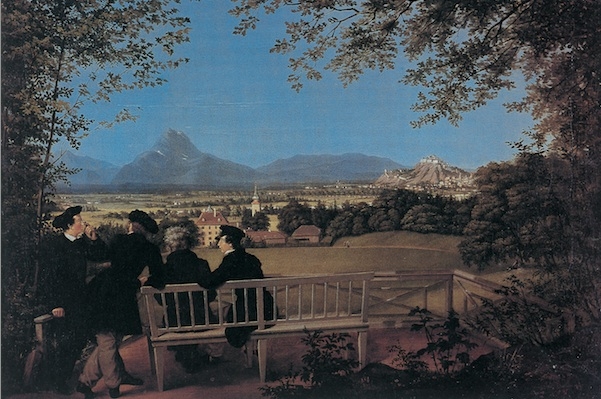Within a few years, and in four books — The Emigrants (1996), The Rings of Saturn (1998), Vertigo (1999) and Austerlitz (2001) — W. G. Sebald achieved a reputation as a major international author. He was tipped for the Nobel, seen to supply heartening proof that ‘greatness in literature is still possible’ (John Banville) and that ‘literary greatness is still possible’ (Susan Sontag).
Literary greatness it seemed, at times, was Sebald, and for a while after the publication of The Rings of Saturn, it was hard to find a work of fictive non-fiction that wasn’t riddled with grainy photographs of dubious quality integrated into the text. Despite Sebald’s sudden death in 2001 his publishing career has continued — and he is now as prolific in death as he was in life, with works including On the Natural History of Destruction (2003), Unrecounted (2004), Campo Santo (2005) as well as two collections of poems, For Years Now (2001) and Across the Land and the Water (2012).

Get Britain's best politics newsletters
Register to get The Spectator's insight and opinion straight to your inbox. You can then read two free articles each week.
Already a subscriber? Log in







Comments
Join the debate for just $5 for 3 months
Be part of the conversation with other Spectator readers by getting your first three months for $5.
UNLOCK ACCESS Just $5 for 3 monthsAlready a subscriber? Log in